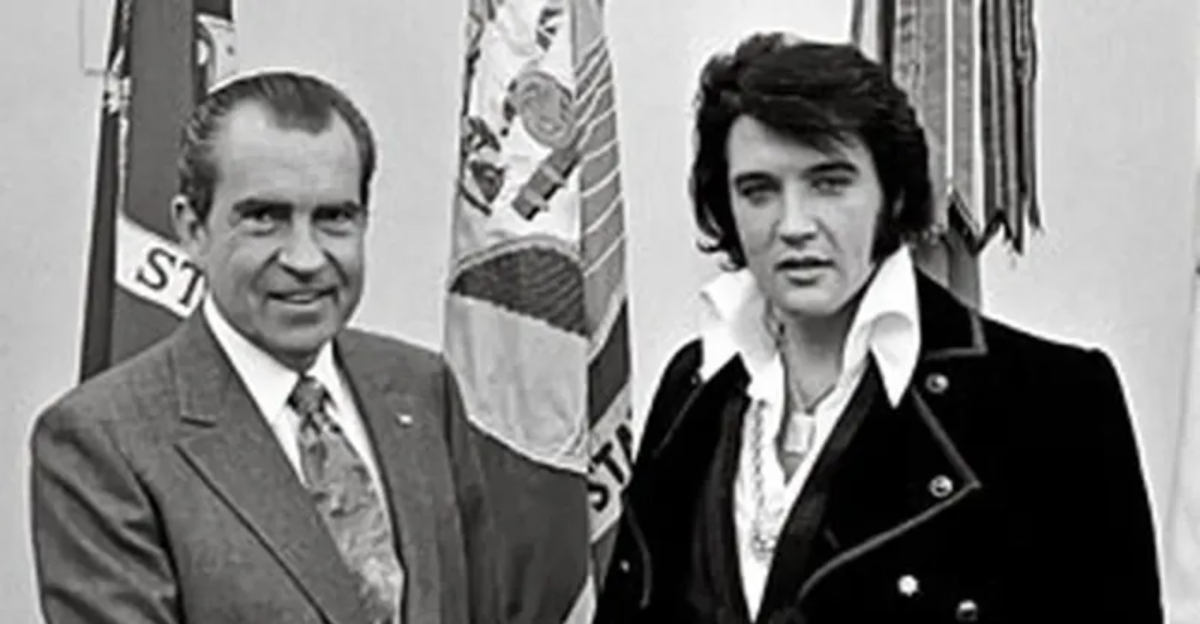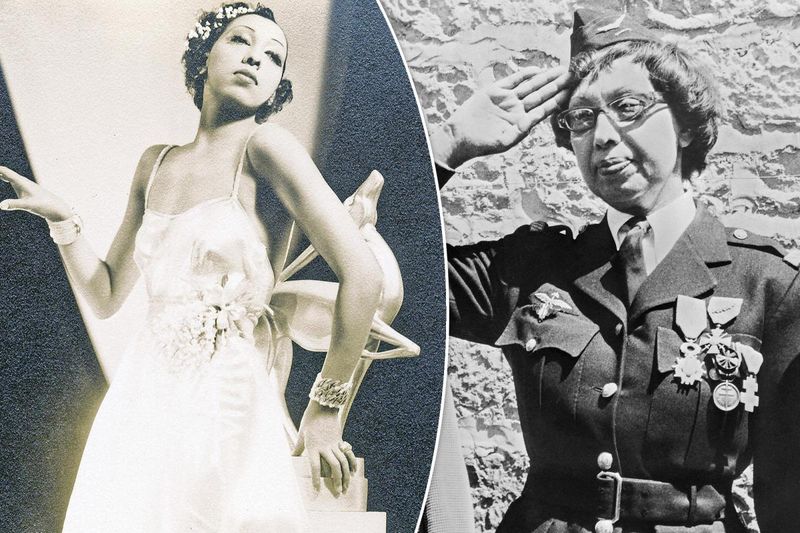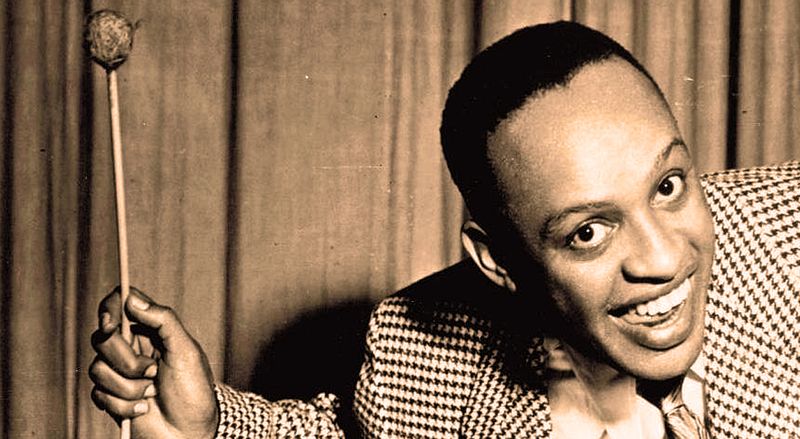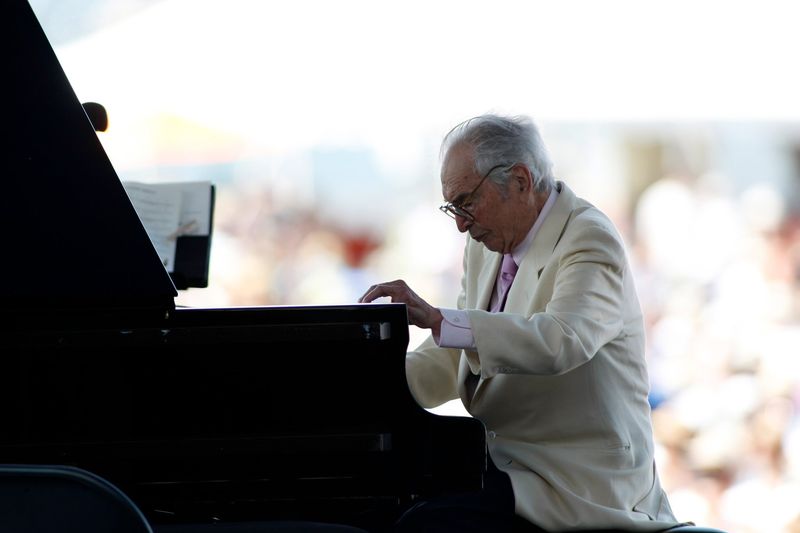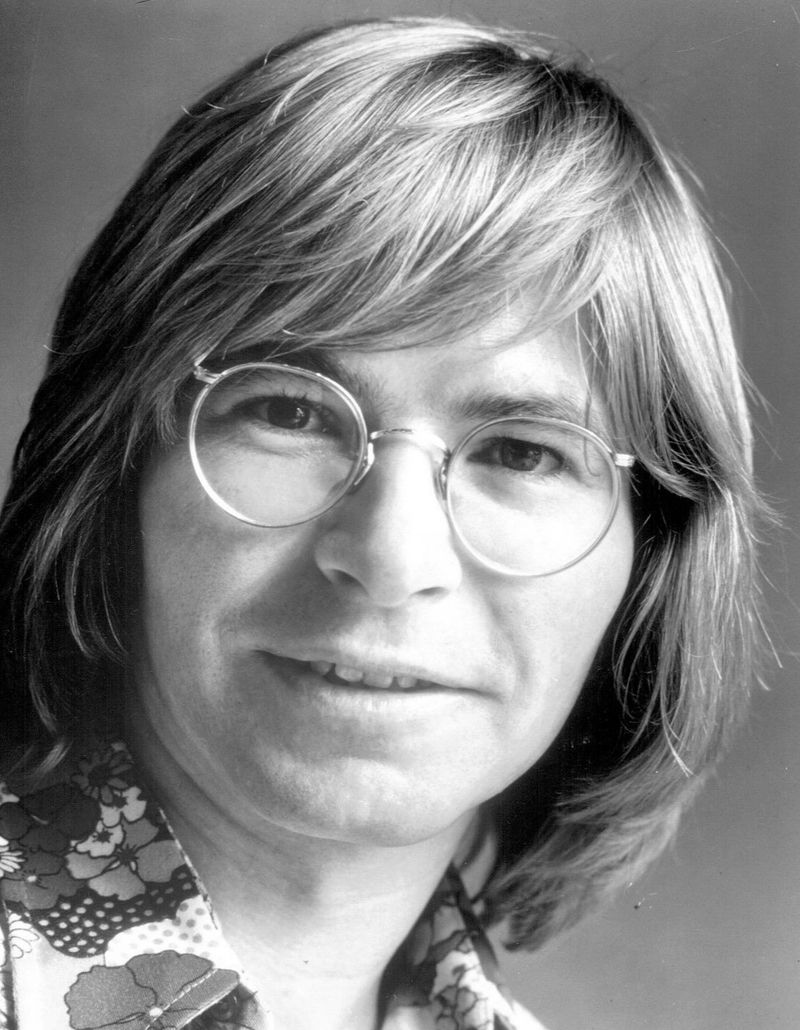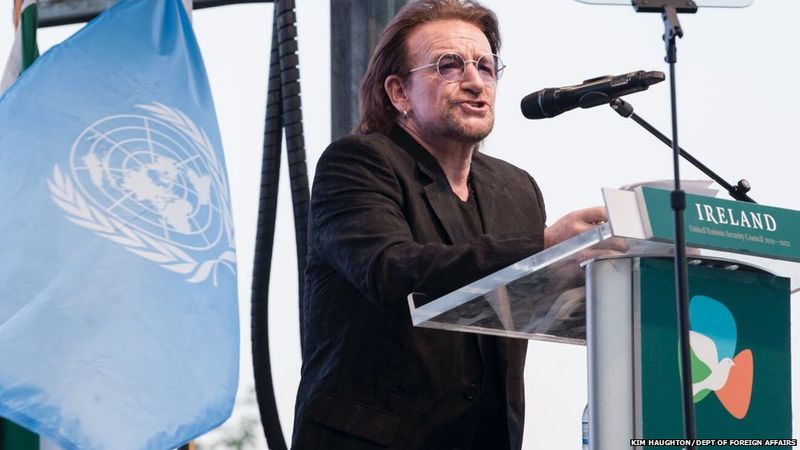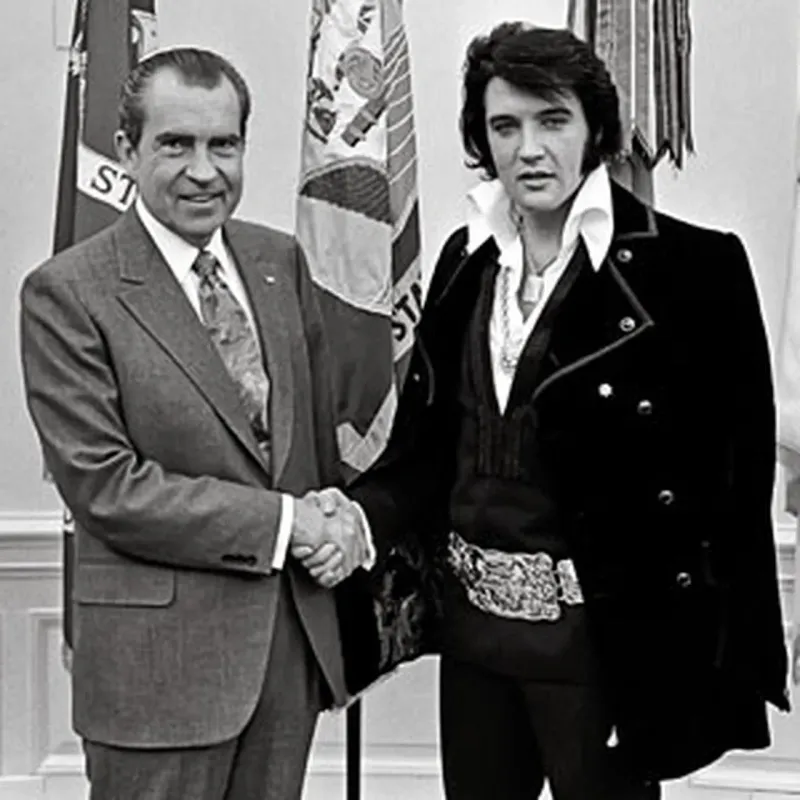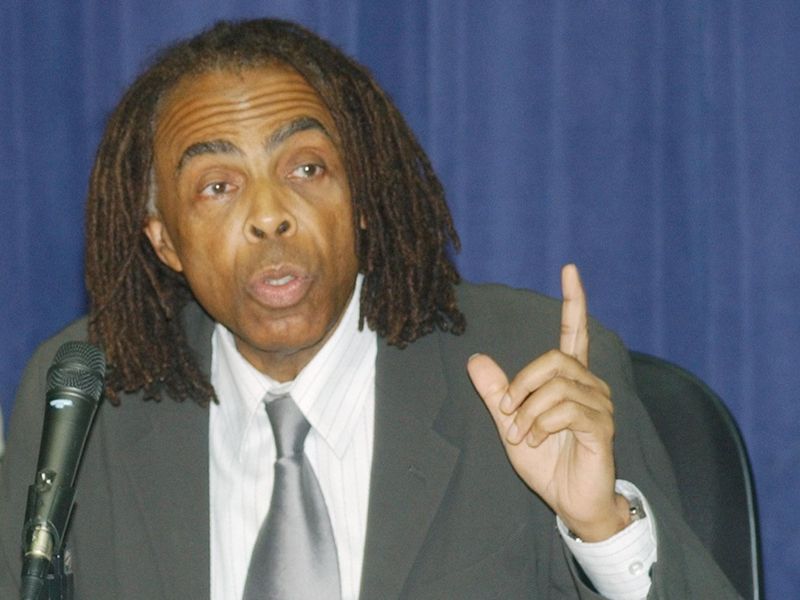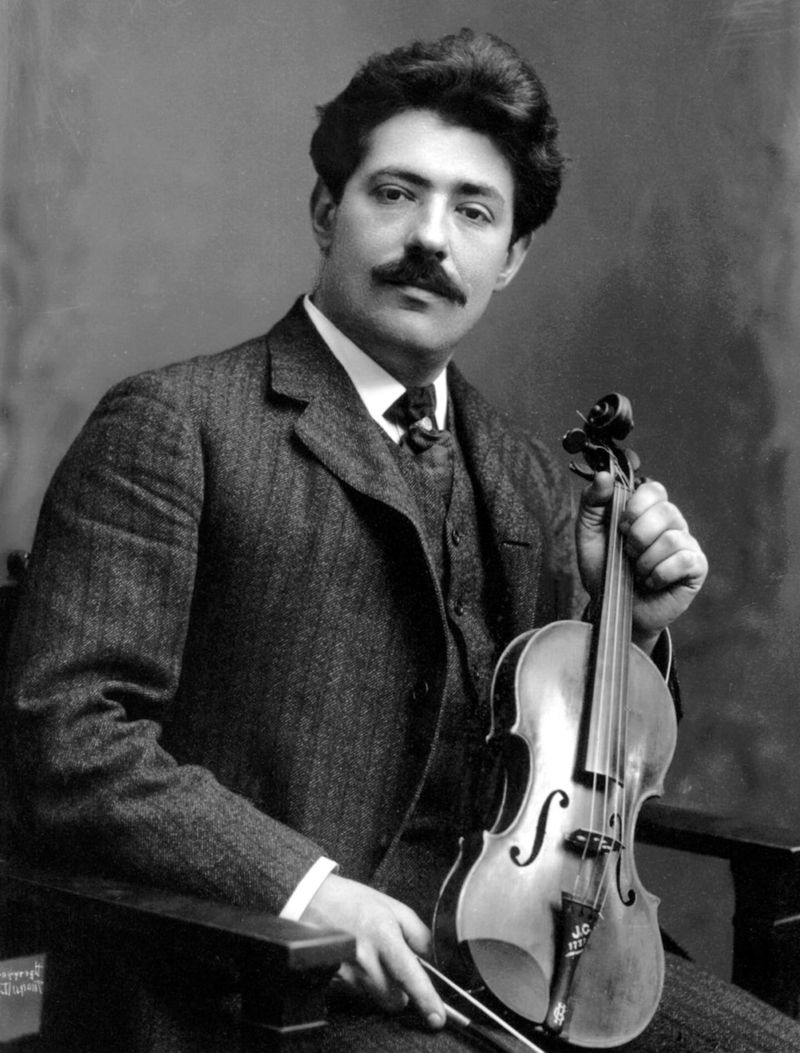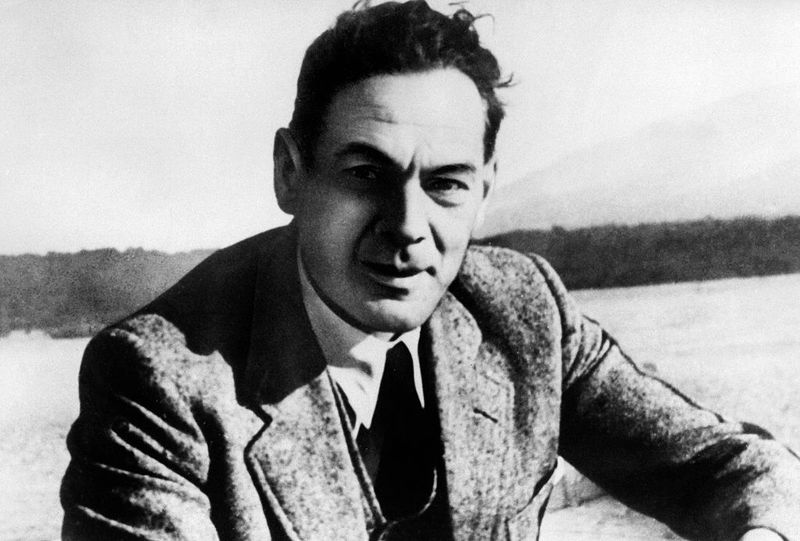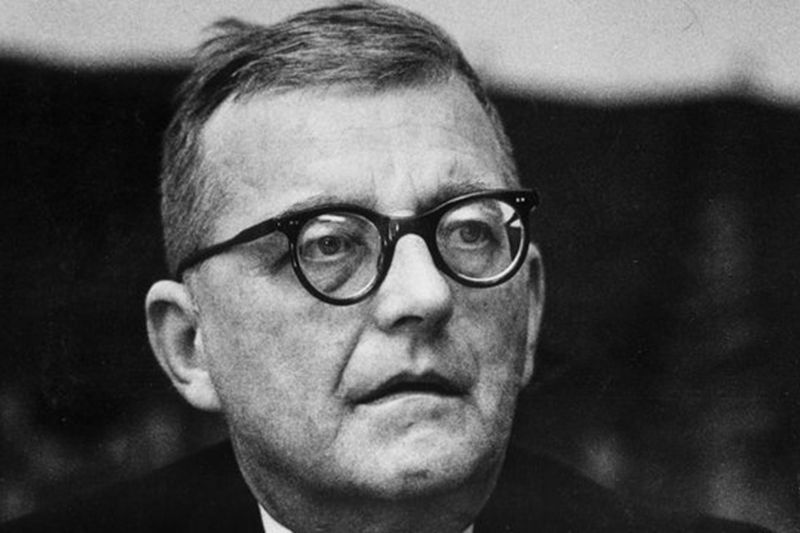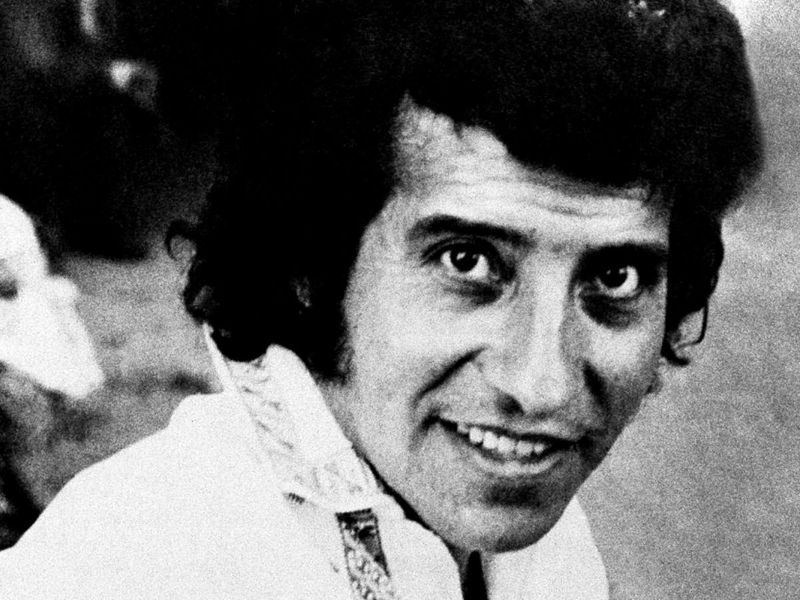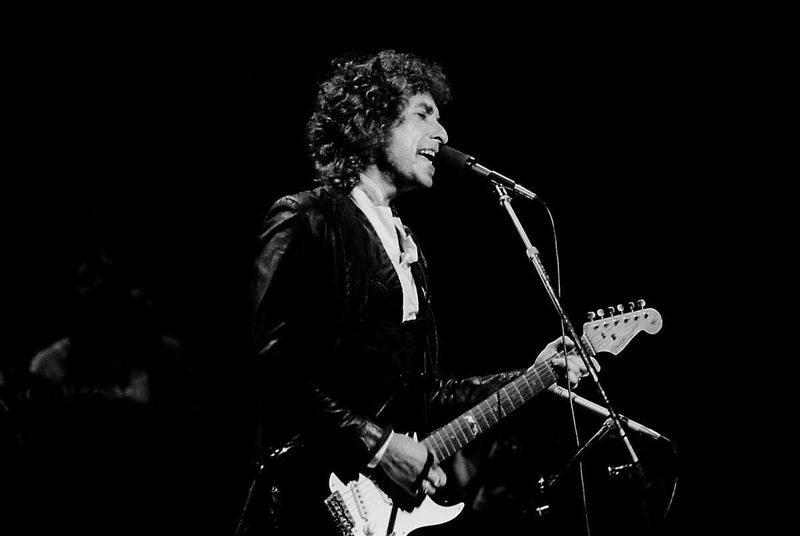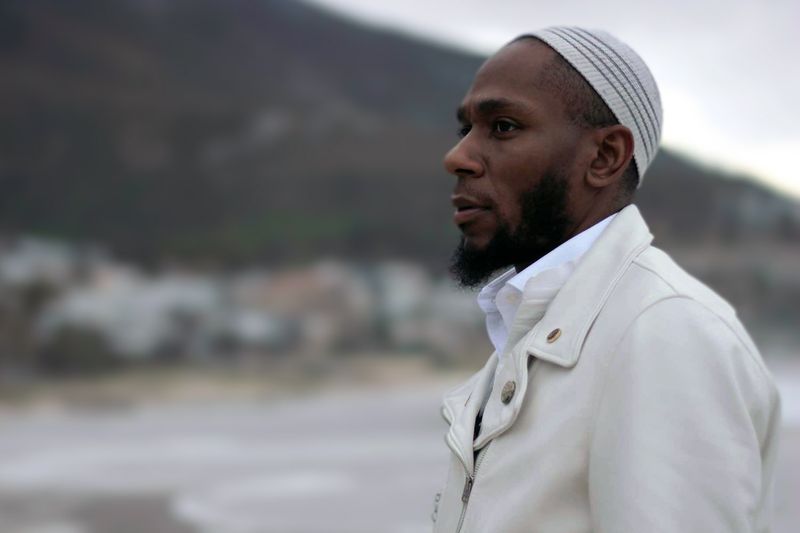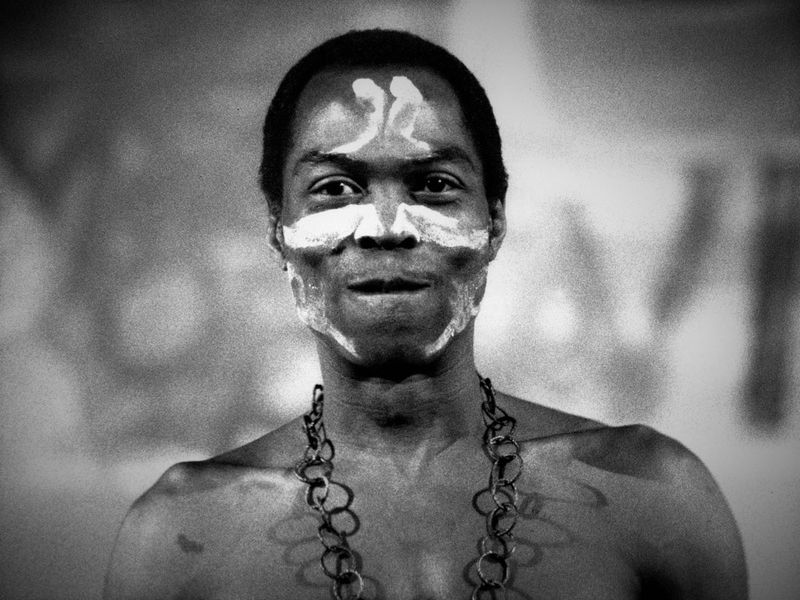The world of music is often seen as an escape from the mundane, a realm populated by artists whose main tools are their instruments and voices. However, history has shown that some of these musicians led double lives as spies. This blog post delves into the intriguing lives of 15 musicians who used their art as a cover for espionage. Each of these artists played a crucial role in their respective espionage activities, from gathering intelligence to influencing cultural perceptions.
1. Josephine Baker – Singer & French Resistance Agent
Born to a life of performance, Josephine Baker captivated audiences with her mesmerizing dance moves and sultry voice. But during World War II, she took on a different role as a secret agent for the French Resistance. Smuggling secret messages hidden in her sheet music, she risked her life for the cause. Between performances, she gathered valuable intel while seemingly entertaining Nazi officers. Her charm and fame provided the perfect cover, making her an invaluable asset. This jazz icon’s courage went beyond the stage, as she wore the dual hats of a performer and a patriot.
2. Lionel Hampton – Jazz Vibraphonist & U.S. Diplomat
Lionel Hampton was not only a pioneer of the vibraphone in jazz but also an unwitting diplomat during the Cold War. His tours in the Soviet Union allowed him to gather invaluable insights into Soviet culture and politics. While his energetic performances captivated audiences, they also served as a means to an end. Playing jazz, a symbol of American freedom, he broke barriers and built bridges. His work went beyond music, contributing to a greater understanding between two superpowers locked in a tense standoff.
3. Dave Brubeck – Jazz Pianist & Army Intelligence
Dave Brubeck’s legacy as a jazz legend is well-known, but his military service adds a surprising chapter to his story. Before achieving fame, Brubeck served in military intelligence during World War II. His musical talents were a morale booster for troops, yet his responsibilities extended beyond the keys. Handling classified documents, he seamlessly balanced duty and art. His time in the army not only shaped his music but also highlighted his dedication to his country. Brubeck’s contributions were as much about service as they were about song.
4. John Denver – CIA Asset?
John Denver’s peaceful melodies and nature-loving persona masked rumored espionage activities. His global tours, including to the USSR and China, sparked speculation of a connection with the CIA. While serenading audiences with hits like “Take Me Home, Country Roads,” some believe he collected intelligence under the guise of cultural exchange. His friendly demeanor and universal appeal made him an ideal candidate for such clandestine work. Whether spy or not, Denver’s music transcended borders, though it remains tinged with whispers of secret missions.
5. Bono – U2 Frontman & Unofficial Diplomat
Bono’s role as U2’s lead singer is intertwined with his activism, leading to claims of his unofficial diplomatic status. Known for his humanitarian efforts, he’s reportedly shared insights on terrorist financing with the U.S. government. His high-profile meetings with global leaders were more than just photo ops; they were opportunities to influence and inform. Bono’s dual roles as a rock star and a diplomat highlight his unique position. His charismatic presence on stage mirrored his presence in the corridors of power, where rock met realpolitik.
6. Elvis Presley – FBI Informant
The King of Rock ‘n’ Roll, Elvis Presley, is rumored to have taken on a role far from the spotlight. In a famous meeting with President Nixon, Elvis offered to lend his popularity and influence to the FBI’s efforts against the counterculture movement. This encounter is shrouded in mystery and speculation. While his music captured hearts, his actions behind closed doors suggested a deeper involvement in national affairs. The image of Elvis as an informant adds an intriguing layer to his storied career, blending rock legend with espionage intrigue.
7. Gilberto Gil – Brazilian Musician & Diplomat
Gilberto Gil’s vibrant music is a cornerstone of Brazilian culture, yet his political career adds another dimension to his life. As Brazil’s Minister of Culture, he wielded influence beyond the stage. Known for his role in the Tropicalia movement, Gil’s diplomatic endeavors are rumored to have included intelligence connections. His dual identity as an artist and a statesman reflects his commitment to cultural and political dialogue. Gil’s music resonated with themes of freedom and resistance, echoing his complex relationship with power and politics.
8. Fritz Kreisler – Violinist & Austrian Spy
Fritz Kreisler, celebrated for his expressive violin performances, led a life touched by espionage. Before World War I, he served as an undercover officer for Russia, blending his musical tours with intelligence work. His charm and musical prowess offered him unique access and opportunities. Playing in prestigious venues, he gathered information under the radar. Kreisler’s story intertwines the arts and espionage, showcasing his multifaceted talents and loyalties. His legacy as a musician is enriched by his daring exploits, serving as a reminder of music’s unexpected roles.
9. Richard Sorge – Journalist & Soviet Spy (Pianist Cover)
Richard Sorge’s espionage career is legendary, with his piano playing in Tokyo bars providing the perfect cover. As a Soviet spy, his intelligence work was instrumental in World War II. Sorge used his musical talent to blend into the social fabric, gathering crucial information on Nazi-Japanese relations. His charm and ability to adapt allowed him to move seamlessly between worlds. Sorge’s life was a symphony of espionage, where each note played was part of a larger composition. His story remains a testament to the art of deception and its impact on history.
10. Dmitri Shostakovich – Composer Under Surveillance
Dmitri Shostakovich, a beacon of Soviet classical music, lived under the watchful eye of Stalin’s regime. His compositions masked a life fraught with political pressure and surveillance. Forced to inform on colleagues, his artistry became a tool for survival. Navigating the intricacies of Soviet demands, Shostakovich’s music resonated with hidden meanings. His life was a delicate balance of creativity and compliance, where each symphony reflected his inner turmoil. The story of Shostakovich is one of resilience, where notes became whispers of defiance amidst a backdrop of control.
11. Victor Jara – Chilean Revolutionary Singer
Victor Jara’s music was a rallying cry for Chile’s oppressed, his voice a beacon of hope and resistance. Before his tragic execution, Jara’s performances were conduits for anti-fascist messages. His concerts doubled as clandestine meetings for political dissidents. Through his art, he challenged the status quo, advocating for change. Jara’s legacy is one of courage and conviction, where each lyric was a call to action. His life and death underscore the power of music as a force for social change and the risks artists take in the pursuit of justice.
12. Joan Baez – Activist & Possible Informant?
Joan Baez’s voice became synonymous with the struggle for civil rights and peace. Yet, rumors of her being an informant linger, despite her denials. The heavily redacted FBI files fuel speculation of her involvement with U.S. intelligence. Her concerts were more than musical events; they were platforms for activism. Baez’s life is a tapestry of melodies and messages, where each performance carried the weight of her convictions. Whether informant or icon, her contributions to music and activism remain profound, leaving a legacy of change and controversy.
13. Bob Dylan – CIA Connection Theories
Bob Dylan’s influence on 1960s youth culture is undeniable, yet conspiracy theories suggest a deeper connection. Some believe his rise was orchestrated by the CIA to sway public opinion during turbulent times. Songs like “The Times They Are A-Changin'” carry whispers of hidden agendas. Dylan’s enigmatic persona only adds to the intrigue. Whether a covert operative or simply a cultural icon, his impact is etched in history. The blending of music, politics, and mystery makes Dylan’s story a captivating narrative of influence and speculation.
14. Mos Def (Yasiin Bey) – Activist & Surveillance Target
Mos Def, now known as Yasiin Bey, used his platform to critique U.S. foreign policy, drawing the attention of the FBI. His politically charged lyrics transcended entertainment, becoming calls for awareness and action. Monitored for his views, Mos Def’s music spoke to the marginalized and challenged the status quo. His story is one of artistic defiance, where each verse was a statement of resistance. Despite surveillance, he remained a voice for change, proving the enduring power of hip-hop as a tool for social commentary.
15. Fela Kuti – Nigerian Rebel & Intelligence Target
Fela Kuti’s music was a pulsating force against corruption and oppression in Nigeria. His Afrobeat rhythms carried more than melodies; they were powerful commentaries on political tyranny. Kuti’s compound became a hub for dissent, drawing the ire of government forces. Raided multiple times, his life was a testament to resistance. His music’s relentless critique of injustice made him a target but also a symbol of hope. Fela’s legacy endures as a reminder of art’s ability to challenge and inspire, where each note was a battle cry for freedom.
